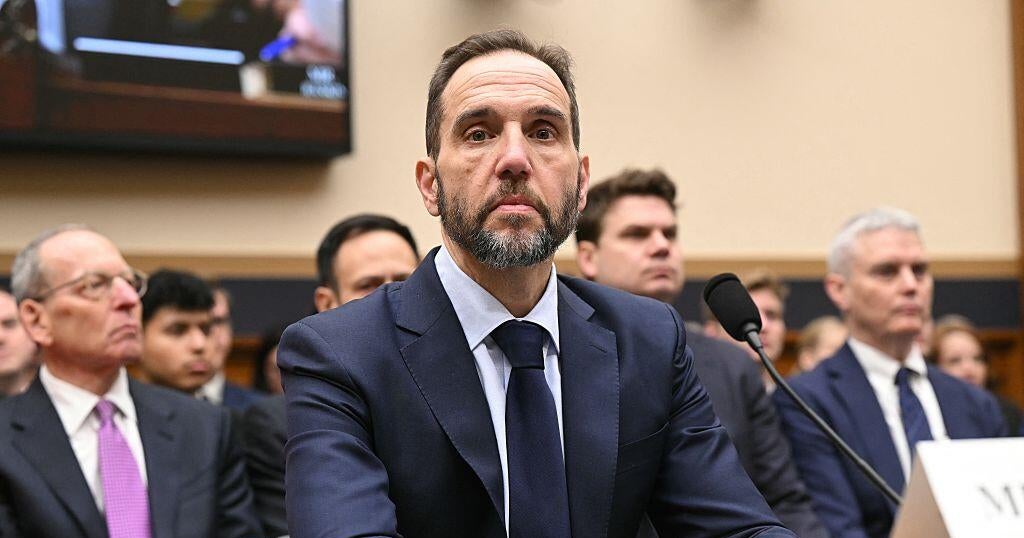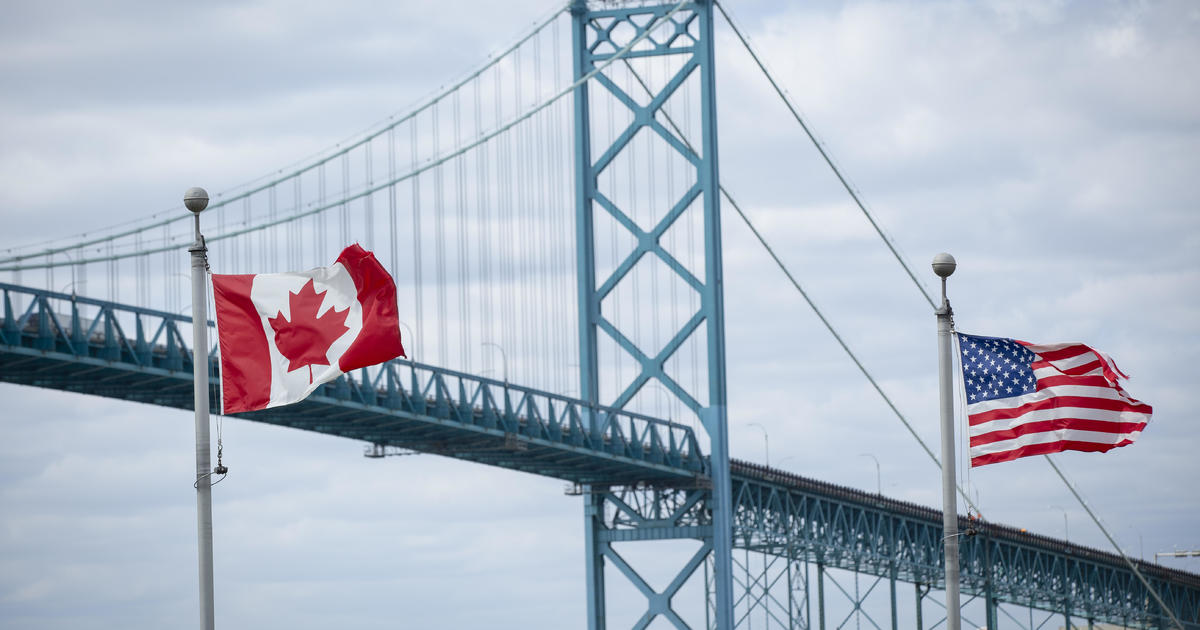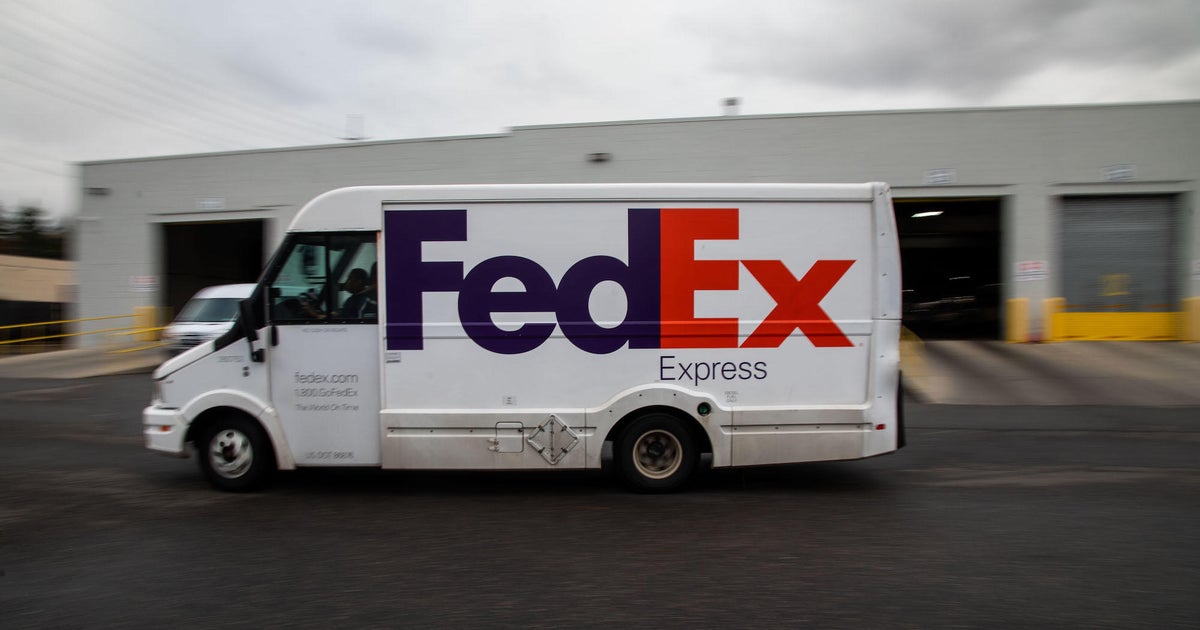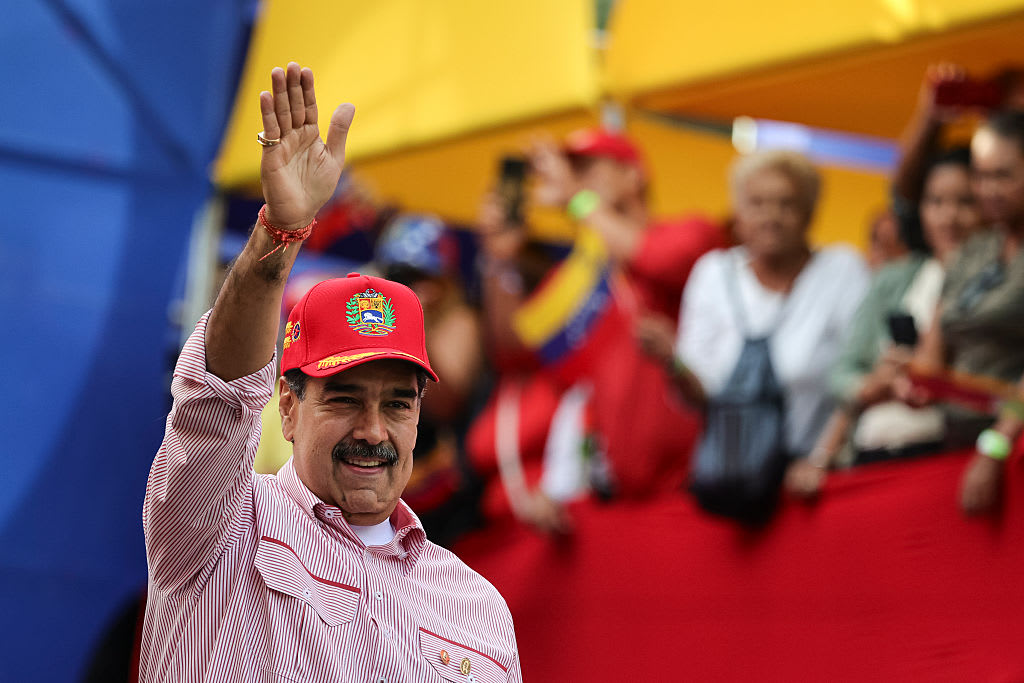Trump indicates he's open to meeting with Venezuela's Maduro
Washington — President Trump would be open to meeting with Venezuelan President Nicolás Maduro, he said in a recent interview with Axios, despite his administration's support for opposition leader Juan Guaidó.
"I would maybe think about that," Mr. Trump told Axios in an Oval Office interview Friday. "Maduro would like to meet. And I'm never opposed to meetings — you know, rarely opposed to meetings."
The president said "you lose very little with meetings," but acknowledged he has rebuffed previous requests from the Venezuelan government for a meeting with Maduro.
On Monday, Mr. Trump said he would meet with Maduro only to discuss "a peaceful exit from power."
"Unlike the radical left, I will ALWAYS stand against socialism and with the people of Venezuela. My Admin has always stood on the side of FREEDOM and LIBERTY and against the oppressive Maduro regime!" he tweeted.
A former senior Trump administration official confirmed to CBS News that the Venezuelan government has in the past reached out to the White House and the State Department to share Maduro's willingness to meet with Mr. Trump, including by calling the White House switchboard and sending a letter. In an interview with the Washington Post in January, Maduro confirmed he repeatedly tried to appeal to Mr. Trump and indicated he is ready for direct negotiations with the U.S.
During the United Nations General Assembly in 2018, where Maduro was set to speak, Mr. Trump, too, said he "would certainly be open to" meeting with Maduro.
Mr. Trump's openness to meeting with Maduro puts him at odds with his own administration, as tensions between the U.S. and Venezuela mounted further after the Justice Department charged Maduro and his top deputies for crimes related to narco-terrorism, money laundering and drug trafficking in March.
Maduro and other Venezuela officials are accused of orchestrating a narco-terrorism conspiracy that spanned more than two decades, in which they allegedly worked with FARC, a Colombian guerilla group, to flood the U.S. with cocaine.
In addition to hitting Maduro with federal charges, the Trump administration has engaged in a "maximum pressure" campaign against Venezuela to remove Maduro from power amid the country's ongoing political and economic crisis. The Trump administration froze all Venezuelan government assets in 2019 and blocked U.S. companies and individuals from doing business with Maduro's regime.
Nearly 60 other countries and the U.S. have also recognized Guaidó as Venezuela's rightful leader, and Mr. Trump met with Guaidó at the White House in February.
Mr. Trump's comments to Axios about a potential meeting with Maduro comes as his former national security adviser, John Bolton, prepares to release an explosive tell-all about his time in the White House. Bolton writes in his book, due out Tuesday, that Mr. Trump believed Maduro was "strong" and Guaidó "weak." A former senior Trump administration official confirmed to CBS News Mr. Trump's thinking on the two leaders.
A meeting between Mr. Trump and Maduro would likely rankle lawmakers on both sides of the aisle, but especially those representing Florida, which has a large population of immigrants from Venezuela. Mr. Trump narrowly won the state in 2016.
On Monday morning, Florida Senator Marco Rubio, a Republican, said on Twitter the U.S. "will continue to reject any effort to keep #MaduroRegime in power or use talks as a delay tactic."
Florida Congresswoman Donna Shalala, a Democrat, said in response to Mr. Trump's comments to Axios that "it is a sad day for the Venezuelan people, democracy, and American leadership. I stand with Juan Guaido and the people of Venezuela."
The former administration official said the president "wants to have a win on the issue," though clarified that doesn't mean a win for the Venezuelan people, but rather for himself. The source said there have been concerns since 2017 that Mr. Trump would publicly express a willingness to meet with Maduro, a possibility he has repeatedly raised in private.
"It's Florida that's kept him from saying it before and it's Florida that's kept him from acting on it," the former senior Trump administration official said. "So I think he either forgot about that for a moment or he's fed up with it all and just wanted to try a different approach ... I don't think he thought through those political implications when he said it."



